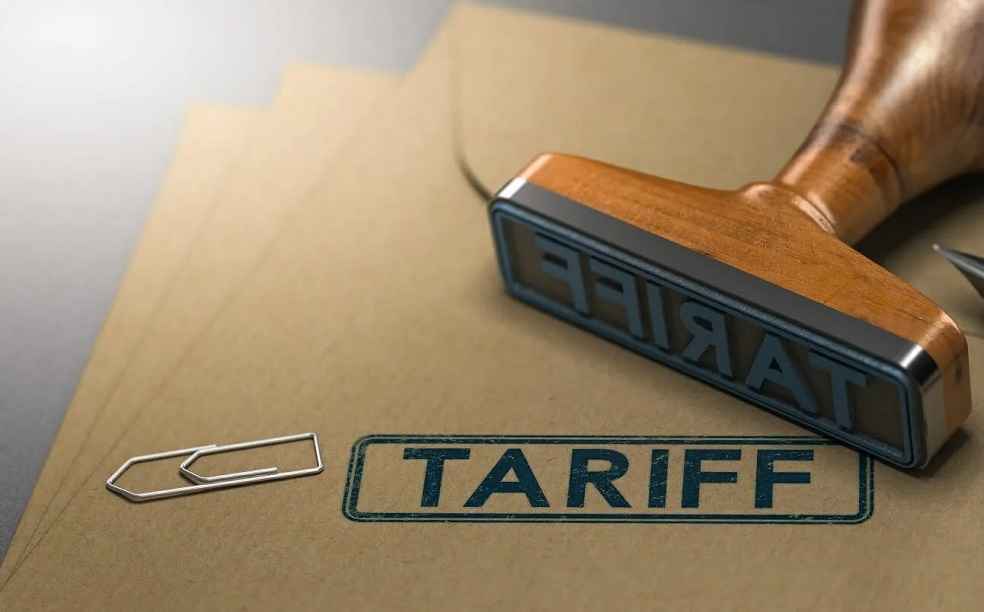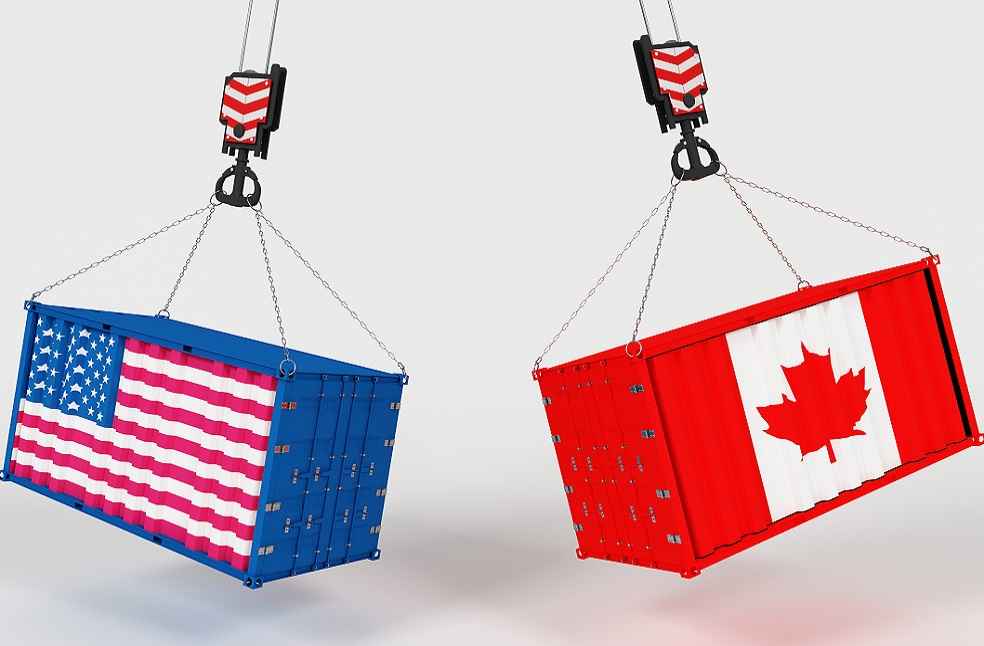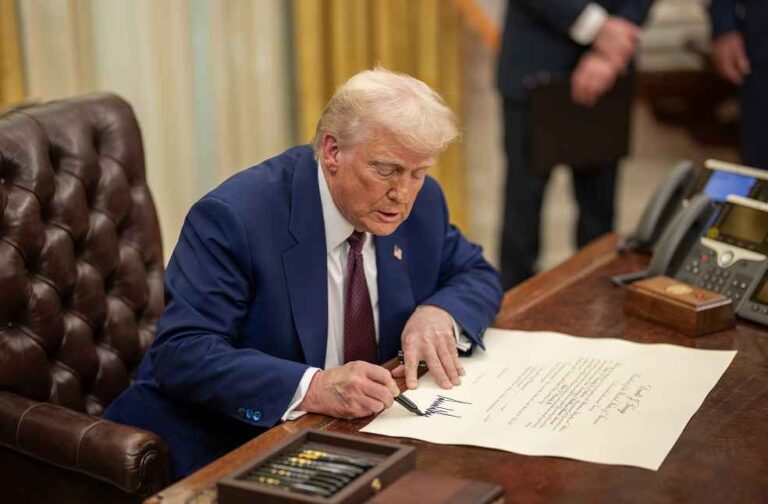U.S. President Donald Trump has directed his administration to prepare a list of reciprocal tariffs targeting countries, including Canada, that impose what he deems unfair trade barriers, duties, or taxes on American imports. This measure revealed on Thursday is the part of Mr. Trump’s ongoing campaign against perceived unfair trade practices by partners such as China, India, the European Union, Canada, and Mexico, could be implemented within weeks.
The proposed countertariffs aim to retaliate against trade barriers imposed on U.S. goods. Experts suggest potential Canadian targets could include the federal digital services tax, goods and services tax, and the country’s protected dairy, egg, and poultry sectors.
Trump also announced forthcoming tariffs on foreign-assembled automobiles, hinting at levies of up to 50 to 100% on Canadian-made cars if no trade deal is reached. In comments made in the Oval Office, he criticised Canada’s trade practices, suggested its annexation as the U.S.’s 51st state, and criticised its defence spending under NATO requirements.

These new tariffs would be separate from existing levies, such as the 25% tax on Canadian steel and aluminum imports set for March 12, and potential across-the-board tariffs of 25% on most goods and 10% on energy and critical minerals, linked to border security concerns.
The White House highlighted Canada’s 3% digital services tax, affecting U.S. tech giants like Amazon, Google, Netflix, and Spotify, as a key issue. Howard Lutnick, the nominee for Commerce Secretary, stated that each country would be addressed individually, with studies due by April 1.
Canada’s Finance Minister Dominic LeBlanc’s office warned that U.S. tariffs on Canadian goods would primarily hurt American consumers, while trade lawyer Daniel Ujczo noted all U.S. trade grievances are under review ahead of USMCA renegotiations.

The Trump administration’s broad list of grievances includes various trade barriers, such as sanitary measures, technical regulations, export subsidies, and digital trade restrictions. Canadian Chamber of Commerce president Candace Laing urged Canada to reconsider its digital services tax, advocating for formal USMCA negotiations.
Economists highlighted concerns over the U.S. targeting value-added taxes, which are standard globally. BMO’s Douglas Porter and Capital Economics’ Paul Ashworth noted that a reciprocal tariff approach could see Canada facing a 19% levy, excluding retaliation for its digital services tax.
While the complexity of calculating these tariffs remains, experts warn the U.S. might impose universal tariffs instead. This move aligns with Mr. Trump’s campaign promise to counter higher foreign tariffs on U.S. imports, reflecting the administration’s serious stance on trade retaliation.
TRADE WORLD | Turkiye and Indonesia Sets $10 Billion Trade Agreement



